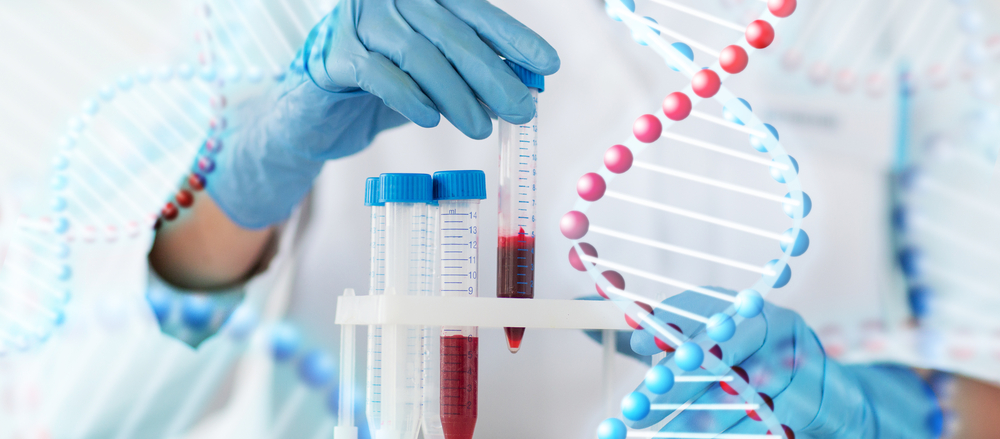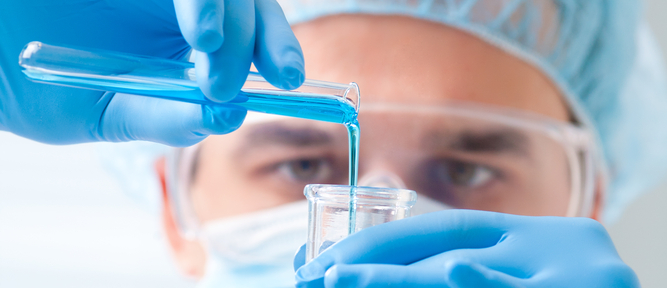TECHNOLOGY / Basic info

Cell-free DNA (cfDNA) are small fragments of DNA that are released into the bloodstream by programmed cell death (apoptosis). During pregnancy, cell-free fetal DNA (cffDNA) which is the genetic material that is derived from the placenta and circulates in a woman’s blood. Therefore, the mother’s blood contains cfDNA, both from her own tissue, and from the fetus. Only a small amount of the fetal DNA starting in the first trimester and increases throughout pregnancy.

In nucleus of cell (except bacteria), DNA molecule is packaged into thread-like structures called chromosomes. They are visible under a light microscope only when the cell is undergoing cell division.

Paternity test is a test to determine whether a given man could be the biological father of a given child. Among the current methods, DNA fingerprinting/ DNA profiling is the most advanced and accurate technology to determine paternity.
Every individual receives DNA from two parents, one set of chromosomes from father and one set from mother. Each chromosome contains specific markers that are different among individuals. By comparing those DNA fingerprints or profile, father-child relationship can be determined.
This technology are also used in maternity (mother-child relationship) and other kinship test.

Polymerase chain reaction is the most common DNA amplification method in molecular biology. This technique used to exponentially amplify a specific target DNA sequence by thermal cycling. It can be used to detect the genetic markers and pathogens. In a molecular laboratory, it is a powerful tool for diagnosis of cancer, hereditary and infectious diseases as well as DNA fingerprinting.

